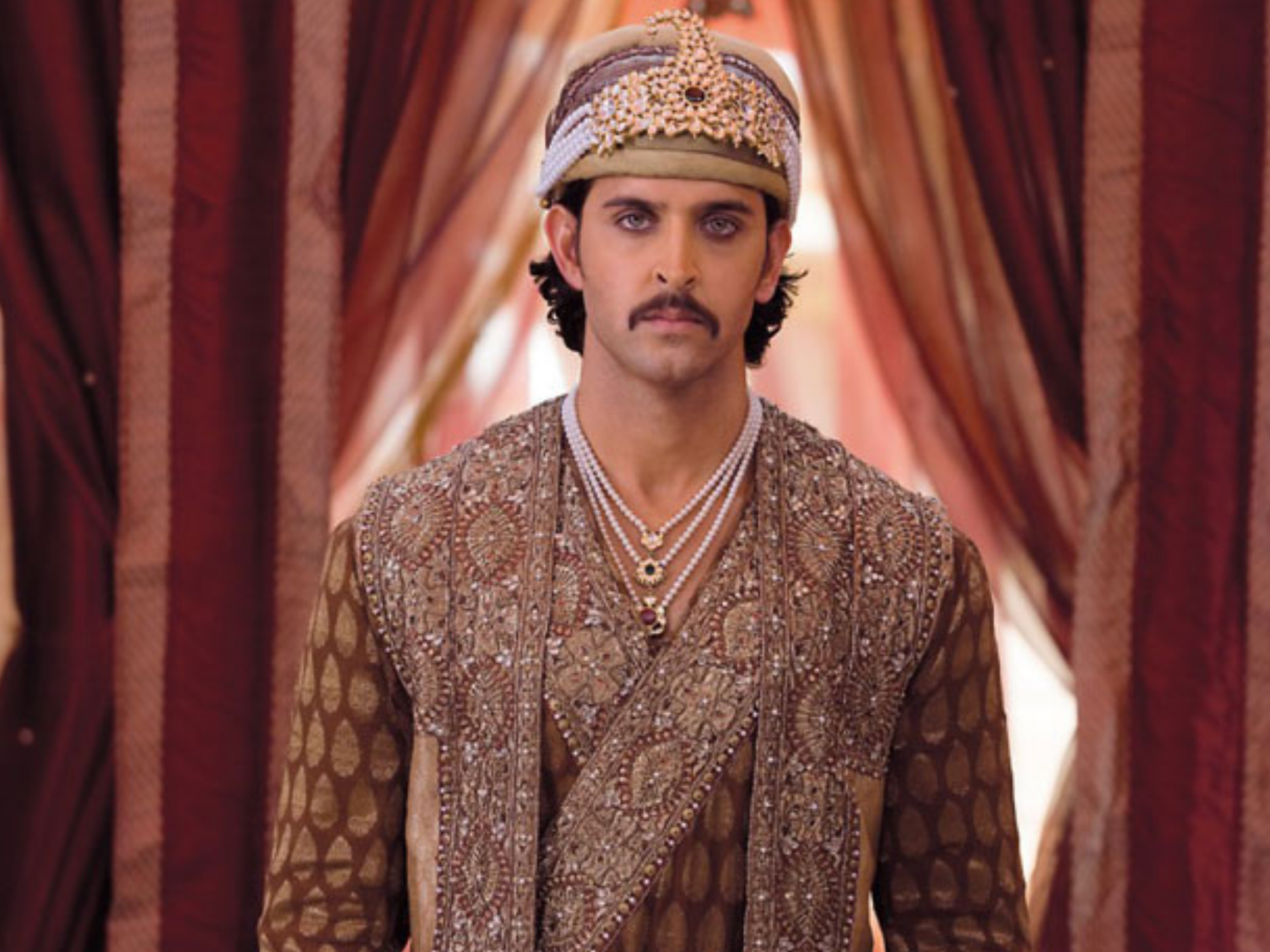

Produced by Ronnie Screwvala, Ashutosh Gowariker.

CGI in the battle sequences is OK.Ī UTV Motion Pictures release of a UTV Motion Pictures, Ashutosh Gowariker Prods. Rahman is stronger in ceremonial setpieces than lyrical ones, though most of the songs are not directly sung onscreen. Typically rhythmic, percussive score by A.R. Production values are lavish, with Neeta Lulla’s costumes complemented by richly dressed locations in Rajasthan and northern India. Biggest surprise is Roshan, who brings a commanding physical presence and vocal heft that he’s shown in none of his earlier, standard-Bollyhunk roles. No stranger to elegant-cum-spunky costume role, Rai Bachchan handles Jodhaa with ease. Parallels abound, the most obvious being with “Cleopatra” and “The Fall of the Roman Empire.” Otherwise, Gowariker avoids military spectacle, concentrating instead on sequences that define the central relationship: the putative lovers dueling in a courtyard Jalaluddin identifying Jodhaa among a bevy of veiled women their eventual, elaborately choreographed declaration of love.Īs well as managing the story’s epic span (and showing a natural feel for framing his characters in widescreen), Gowariker seems to have a liking for classic Hollywood epics. Pic is bookended by well-staged setpieces in which opposing armies face each other on a vast plain.

But aside from a manufactured misunderstanding between Jalaluddin and Jodhaa that provides the pre-intermission climax, their growing bond proves stronger than anything politics can throw at them. Villains include Jalaluddin’s devoted but ambitious wet nurse, Maham Anga (Ila Arun, wonderfully evil), Sharifuddin Hussain (Nikitin Dheer), Jodhaa’s relative, who teams up with a snubbed Muslim cleric (Abeer Abrar) and a corrupt governor (Shaji Chaudhary). Next two hours chart Jalaluddin’s patient “courting” of Jodhaa in between various attempts by others to destroy the relationship and what it symbolizes. Jalaluddin admires her spunk and agrees when, on their wedding night, she says she needs more time before sharing a bed, he agrees again. However, Jodhaa has two demands: She doesn’t have to convert to Islam, and she can have a Hindu shrine in her quarters at the Mughal palace in Agra. His arranged marriage to Jodhaa (Rai Bachchan) is meant to forge links with the Rajputs, the dominant clan of northern India with a strong warrior tradition. The first Mughal emperor to be born on Indian soil, Jalaluddin Mohammad Akbar (Roshan), is a strong but tolerant guy.

After a succinctly staged battle,resistance crumbles a century later and Mughal influence spreads through northern India. Solemnly narrated by veteran Amitabh Bachchan, pic’s intro sketches the era, starting in the mid-15th century, when the Mughals (supposedly descended from the Mongols) invaded India. But from the first musical interlude a half-hour or so in, there’s little downtime, despite the intimate nature of the material.
JODHA AKBAR FILM MOVIE
Saxena, Gowariker has come up with a long-limbed story that is utterly simple in structure, but decorated with enough character interplay and side plots to keep the movie ticking over to a powerful finale.Ĭlocking in at a mere 205 minutes, compared with the 223-minute “Lagaan,” the movie lacks the latter’s narrative tautness, and could benefit from trimming in the early stages of part one. Effectively a prequel to the 1960 classic “Mughal-e-azam,” centered on a romance between the couple’s son and a court dancer, “Jodhaa Akbar” is much more than just a preachy tale about religious tolerance between Muslims and Hindus.


 0 kommentar(er)
0 kommentar(er)
